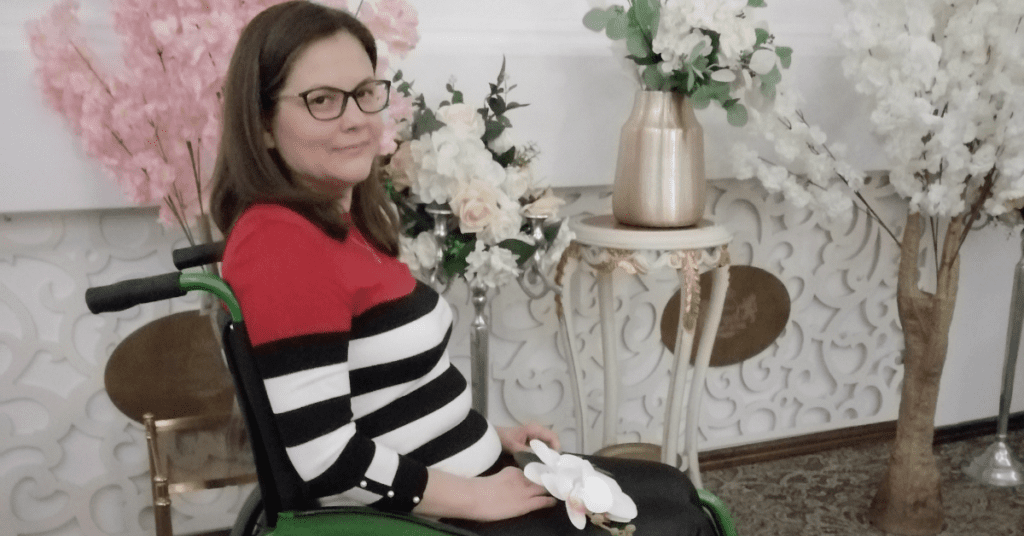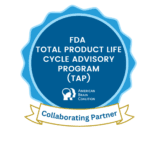My start with this condition began at the age of 16, when I started to lose my balance and got a drunken gait. Over time, I lost my reflexes, my muscle strength began to decrease, and my muscles atrophied. The family doctor sent me to an ENT consultation, then at the neurologist’s office, who as soon as I entered the door and saw me walking and staggering, sent me to an MRI. In 2000, I did the first MRI, which showed Spinocerebellar degeneration. After 3 years, I was diagnosed with Friedreich’s Ataxia. In Italy, back in 2007, there was an experimental treatment, and after a genetic test aimed for Friedreich’s Ataxia, it turned out to be a wrong diagnosis. Second and third MRI were performed, I was diagnosed with Spinocerebellar Ataxia sporadic form.
When I found out I have a problem I was in high school, 10th grade. I was treated differently. That bothered me a lot. In 11th grade, I was told at the first admission to the hospital, that no one knows what I have, only that it is a condition that appears in adolescence and after puberty I would get better. This was the moment when I realized that something was wrong with me. It was quite difficult for me to go from being a perfectly healthy child to having walking and balance problems. But with all of this, I finished high school and until the age of 21, I was walking alone.
I started college and went for a year and a half until it started to be more and more difficult for me to walk alone and climb stairs without holding on to the railing. Little by little, I started to need support to be able to move, then needed to hold on with both hands. I currently use a wheelchair for long distances to get around, after a leg fracture. I can still stand, if I hold on to something firm, and to take a few more steps, I use a rollator + my mother supports me.
It was very difficult for me with the lack of information about the condition, with the feeling that I was alone because I didn’t know people with Ataxia. It is very difficult for me to travel, especially long distances…because of the lack of accessibility and adapted means of transport. Another challenge is that I cannot find out more about the condition, where the Ataxia comes from or the type of it. In my country this condition is so little known and is frustrating for me because Romania does not make any genetic testing for SCA.
There were many difficult moments that I went through. Many moments in which, due to the fact that I walk like a drunk person, I had to endure malicious looks and words from people on the street…and that really angers me, that affects my walking/confidence. A great suffering for me was when I looked out the window and saw people walking around the city. However, once I accepted the situation, it was easier. I slowly started going out with other disabled people. I agreed to go to a camp for people with disabilities, together with the Werdnig Hoffman Association – something that made me see the world with different eyes. I knew a world where I was not a person with disabilities among normal people… but I was in a world without prejudices, where I was not looked at differently, and the most important thing was that I no longer felt alone. The wheelchair gave me a certain degree of independence and the chance to go from being an introverted person to being a little more sociable.
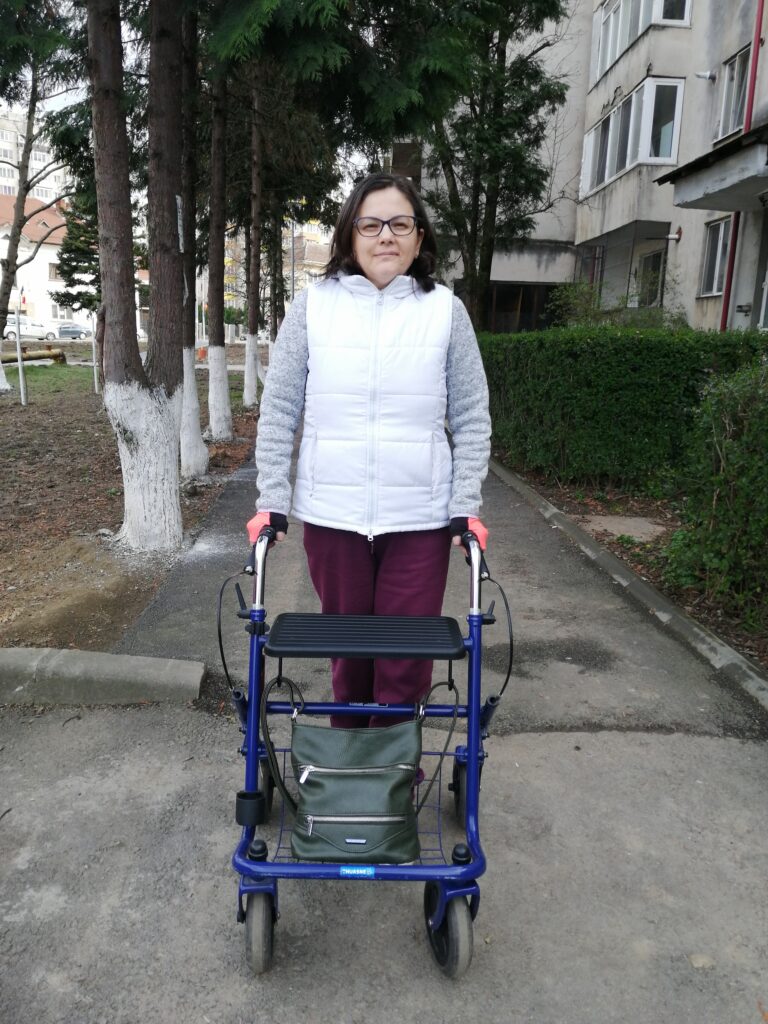
When Were You Diagnosed? Which Type (If Known)?
I am from Romania and I was diagnosed in Romania – Spinocerebellar Ataxia sporadic form.
How Has Ataxia Impacted Your Life?
It was very hard and it still is, but I try to have a normal life as much as possible!
What is One Thing You’d Like the People to Know About Ataxia?
If I talk slower or walk slower does not mean I’m cognitively impaired!
Share Your Advice – How Can Others Support Someone with Ataxia?
Just be there and help if you can!
How Has NAF Helped You or Your Family?
I gathered everything that I know about Ataxia from NAF Facebook group and there I found about a book “LIFE WITH ATAXIA”. My cousin is in Portland and he helped me to order that book. It was very much appreciated!
What is Your Ataxia Story?
As an organization dedicated to improving the lives of those affected by Ataxia, we believe that each story has the power to inspire, connect, and empower others. We invite you to share your personal Ataxia journey with us.
Are you here to read the personal stories, but haven’t yet joined as a member? We hope you find comfort in reading about the experiences of others on their Ataxia journey. We invite you to join as a member to receive a new member story each month. It’s free, and you’ll be kept up-to-date on the latest developments in the Ataxia community.
Recent Member Stories
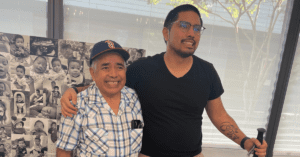
Sly F
Hello my name is Sly. I’m 33 years old. Started to show symptoms at age 21, diagnosed at age 25. Fun fact: before I got Read More…

Lillian O’Connor
I was diagnosed with Gluten Ataxia Disease 2 years ago. I went to every specialist and checked myself into the hospital for tests. I had Read More…
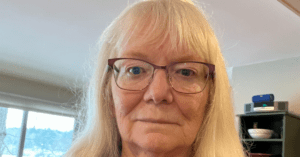
Marybeth Barker
Shortly after returning from a once in a lifetime vacation to Turkey in 2010, at age 58, I began to experience odd neurological symptoms and Read More…
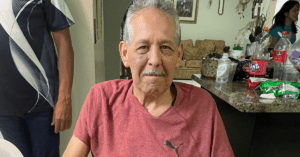
Neyveth Duarte
My name is Neyveth Duarte and my dad was officially diagnosed with Ataxia earlier this year. My dad is my hero and he is going Read More…
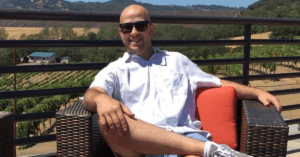
Adam Nelson
I grew up in a small & rural town of about 3,500 people in central Minnesota. I was raised in a blue-collar middle class home, Read More…
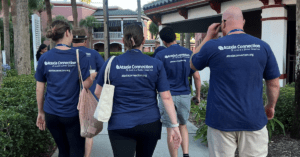
Ataxia Connection Travel Grants Bring Over 50 Attendees to the 2025 Annual Ataxia Conference
Submitted by Theresa Nelson, Executive Director at Ataxia Connection It is an exciting opportunity for our organization, Ataxia Connection, to travel and attend the Annual Read More…


